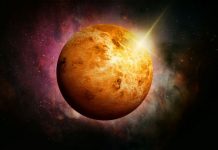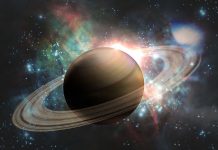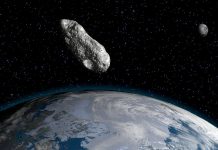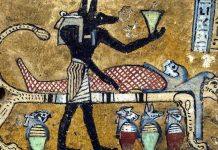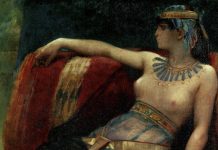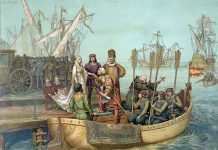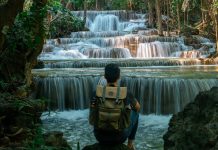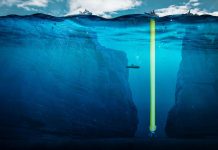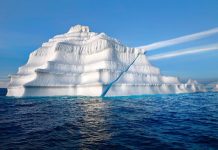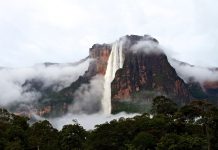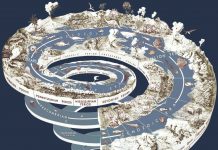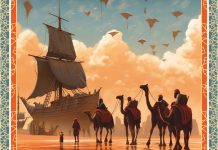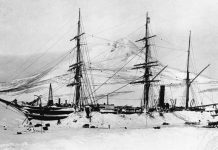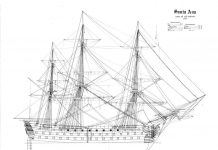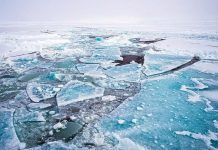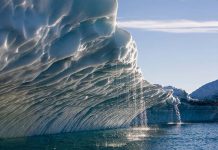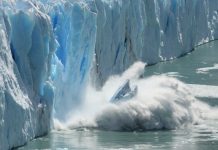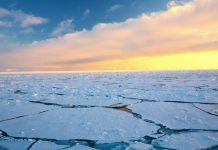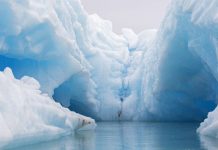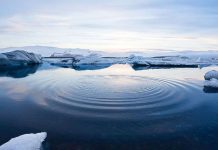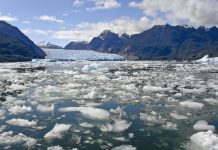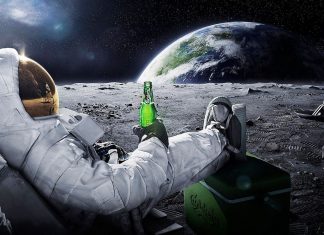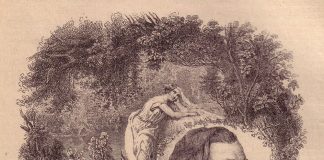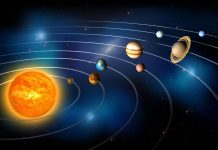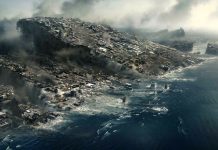When the exile ended, Rusanov was not allowed to continue his studies in Russia, so he had to go abroad with his wife, where the future polar explorer became a student at the University of Paris. During his studies, Rusanov suffered great grief: after giving birth, his wife dies from blood poisoning, who courageously shared with him both the hardships of exile and the years spent outside his homeland. Rusanov’s mother takes care of his little son, and he continues to study hard.
In 1907, Rusanov arrived in Russia and immediately headed North to Arkhangelsk. Already in July, he sails on a carbase along the Matochkin Ball, we can say that from this journey begins his study of the New Earth. In the period from 1908 to 1911, Rusanov was a participant in the French and in 1911 on the motor boat “Polar” he completed his voyage around the islands of Novaya Zemlya. Rusanov clarifies old maps and draws up new ones, makes geological descriptions and collects a collection of minerals, with good reason we can say that thanks to his efforts, these northern lands were protected from the encroachments of foreigners and assigned to Russia.
More than once during these trips, Vladimir Rusanov risked his life. Once, during another solo crossing, he fell into an ice cave, at the bottom of which meltwater flowed. The walls were sheer, and even attempts to cut down the steps with a geological hammer were unsuccessful. As luck would have it, a blizzard began, which made the traveler’s situation almost hopeless, because when his comrades would have missed him, all traces would have already been covered with snow. Rusanov decided to make his way through the cave following the flowing water, soon he saw daylight and, cutting steps in a more sloping wall, climbed to the surface, breaking through a snowdrift with his head. Perhaps the constant risk and overcoming of such and similar seemingly hopeless situations, plus a certain amount of luck, played a role in Rusanov’s decision to go on a fatal voyage for him on the Hercules. He believed in his star, that any polar ice would retreat before the perseverance and perseverance of man.


